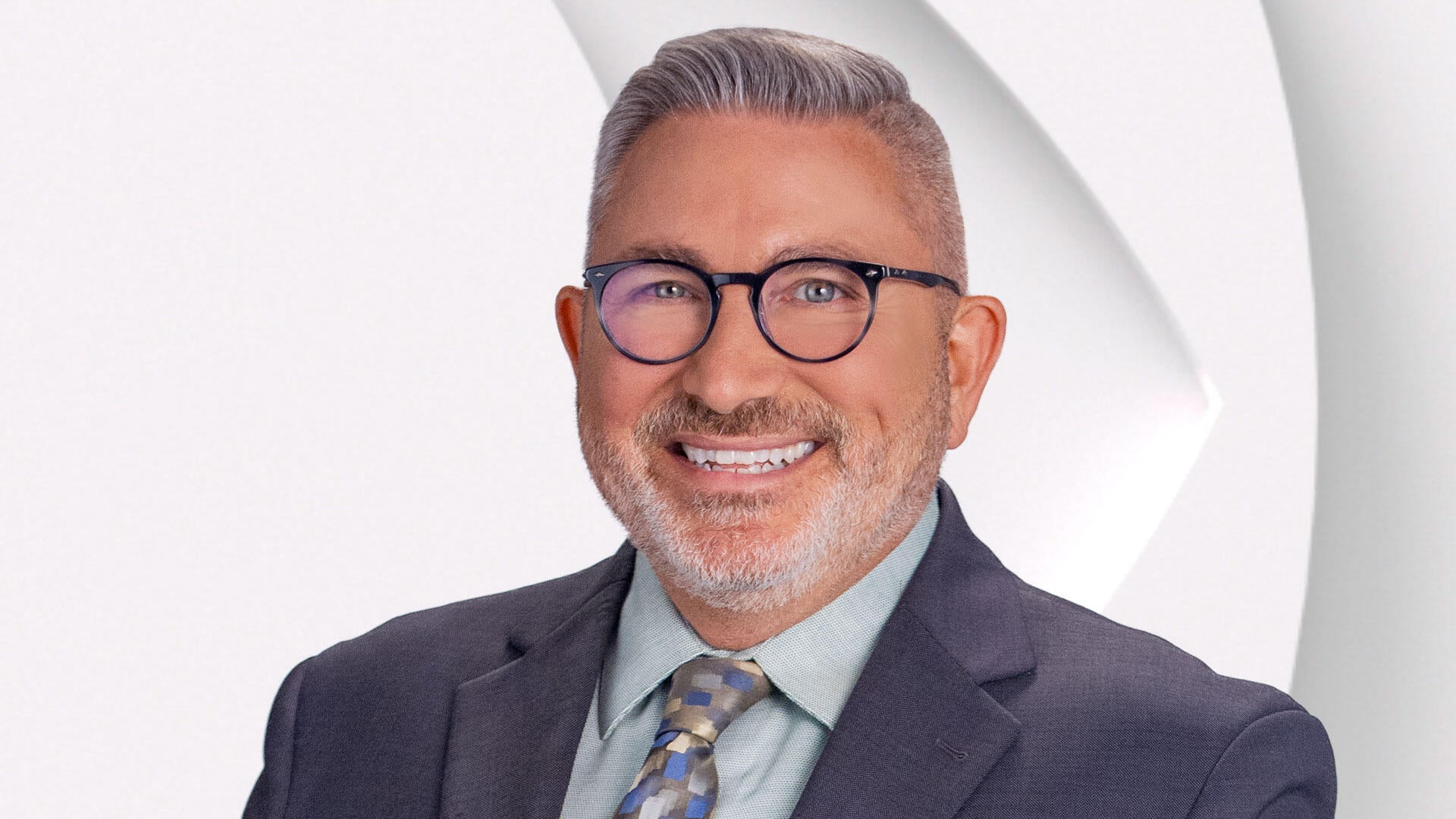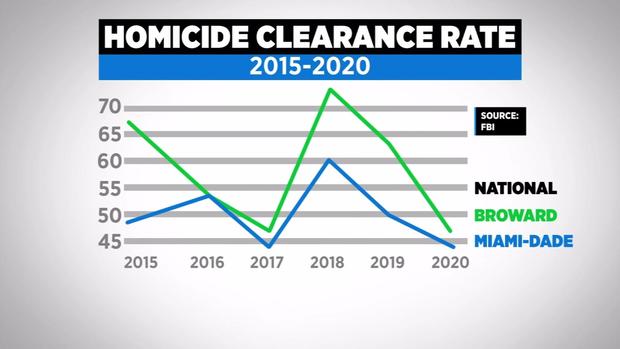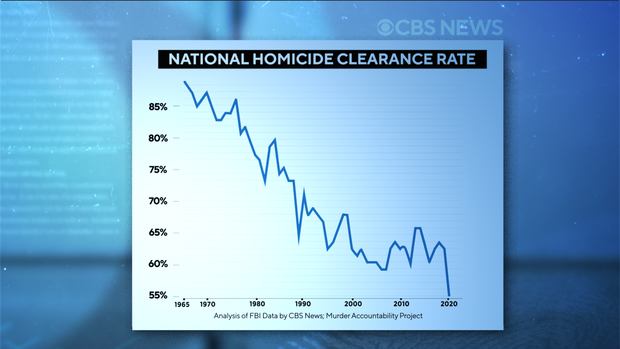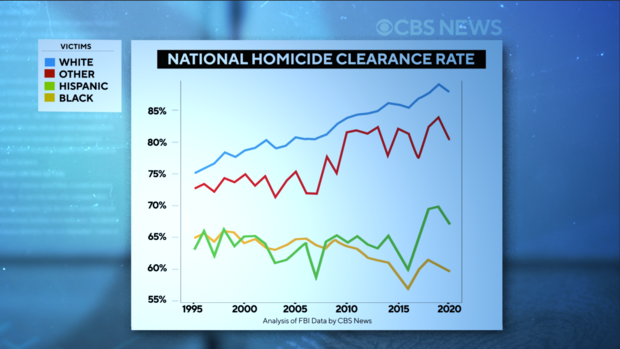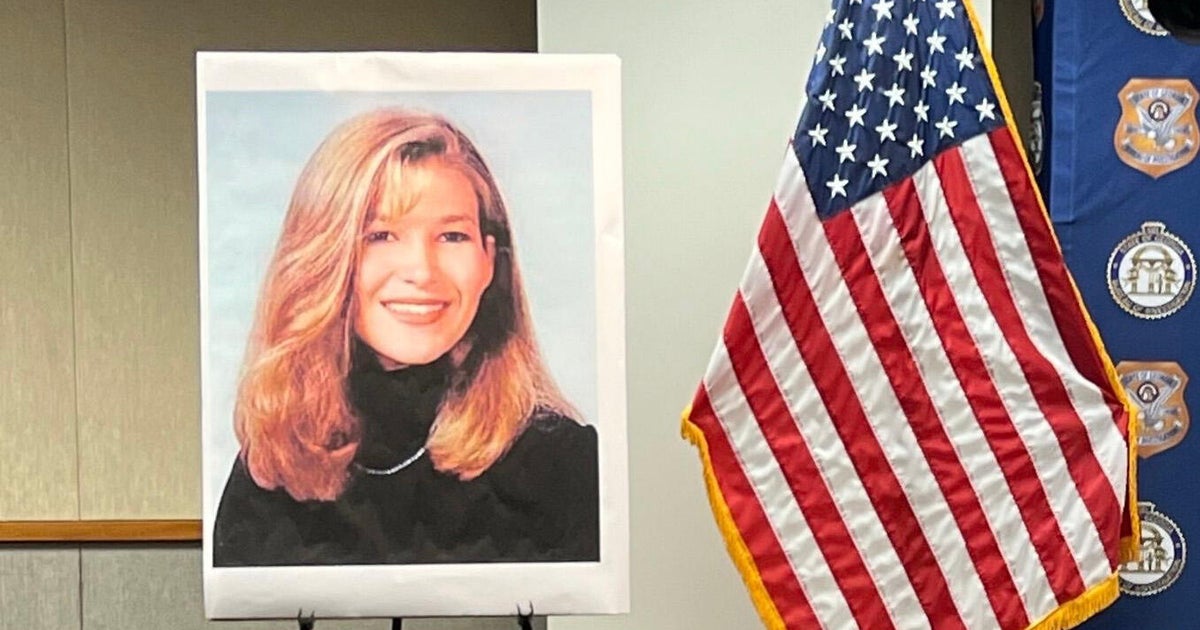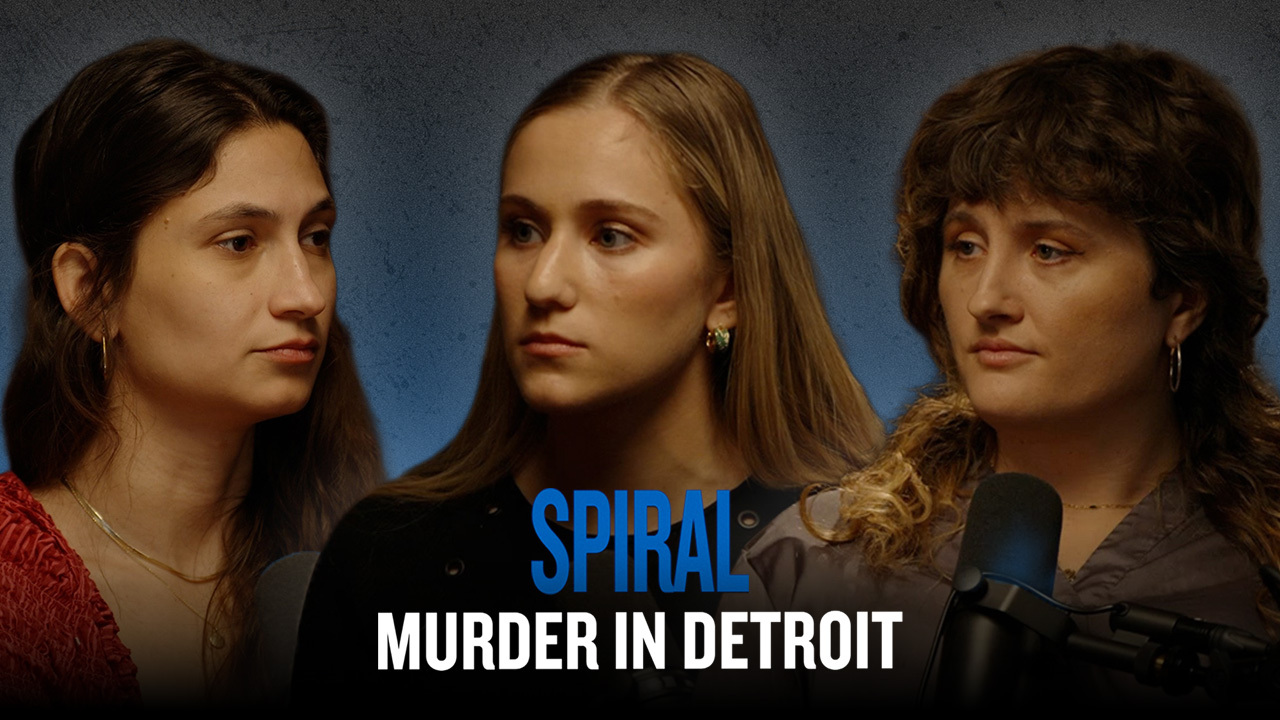"Crime Without Punishment": Miami police working to increase murder clearance rate
MIAMI - The 2015 shooting death of Regina Talabert's 17-year-old daughter Noricia is one of Miami-Dade's unsolved murders.
"I lost my daughter, Noricia Talabert October, 17th, 2015," Regina Talabert said. "I didn't get any justice because the witness is scared to come forward and I just feel like I'm walking around right now in the Wild West."
While there was an initial arrest, the case against the suspect was ultimately dismissed when a key witness did not show up to testify.
"We say witnesses, witnesses, witnesses. We must understand now that a lot of the witnesses are so afraid, they're so afraid," added Tangela Sears, with the group Parents of Murdered Children.
Miami Assistant police chief Armando Aguilar said that's one of several factors leading to a declining clearance rate for homicide cases.
"A problem we've wrestled with for a long time is the fear that witnesses have in coming forward whenever they are witnesses to a murder. They fear retaliation," Aguilar said.
According to the FBI, the clearance rate for all departments in Miami-Dade was 49 percent in 2015. Over the years it went up and down, ending in 2020 with a clearance rate of 43 percent. In Broward, the clearance rate was 67 percent in 2015, it spiked to over 70 percent three years later then dropped to 46 percent in 2020.
Both Miami-Dade and Broward counties settled below the national average of 52 percent.
Nationally, when a murder victim is Black, their case is even more likely to remain unsolved.
CBS News: Crime Without Punishment - A Look At Unsolved Murders In America
"The other challenge has been the proliferation of firearm-related murders, murders also with high capacity weapons that are just, on the whole, a lot more difficult to solve than other types of murders," Aguilar said. "There's much more physical distance between the killer and the victims, so the killer leaves behind much less trace evidence. It's more difficult to establish a connection between the victim and suspect so it's just an easier crime to get away with, unfortunately."
Aguilar also blamed COVID as a factor for the decline in 2020. Many detectives were off the street with COVID. Conducting face-to-face interviews was more difficult and proactive community efforts were limited.
Despite that, Aguilar said now Miami police are seeing decreasing murders and increasing clearance rates. In a 2020 police report, there were 61 murders in Miami, with a clearance rate of 44 percent. In 2021, Miami dropped to 47 murders increasing the clearance rate to 47 percent. And for the first five months of 2022, there were 15 murders, Miami police have solved that same number of killings this year, however, nearly half are from previous years.
"Last year we had a near record low number of murders and this year we're 35 percent below the number we were year to date last year," Aguilar said.
He said since 2020, Miami Police have doubled the number of guns taken off the street and they've turned their focus to repeat offenders.
"We know that they're not just committing murders, they're committing a whole host of other crimes. And so we've taken whatever opportunities we could to charge them criminally in those offenses, thereby taking them out of the picture and preventing as many murders as possible," Aguilar said.
When they're suspected of murder, that gets them off the street but does not clear the homicide case. Police are also honing in on domestic violence cases.
"We feel that we've been able to step in and stop the escalation of domestic violence cases to what could have been murders," Aguilar said.
For the families of murder victims, they want to see one thing.
"All I want to see is the community come back together and stop the killing. We've got to get these killers off the street because if you don't we're going to continue having what we're having, killing after killing," said Leatha Bush whose son was shot in 2010.
